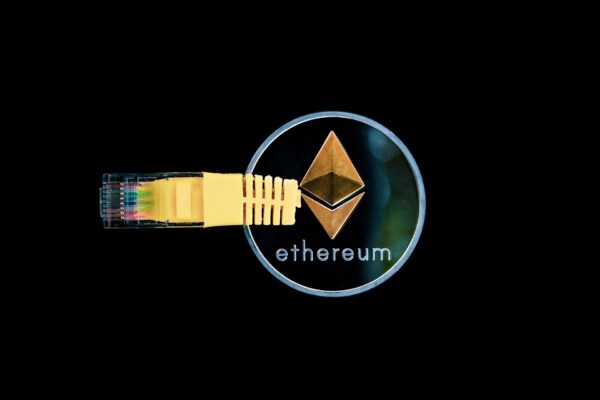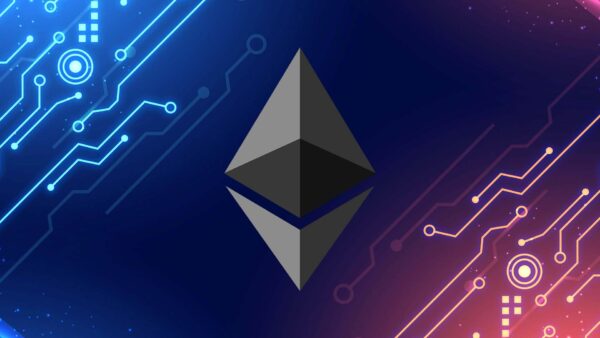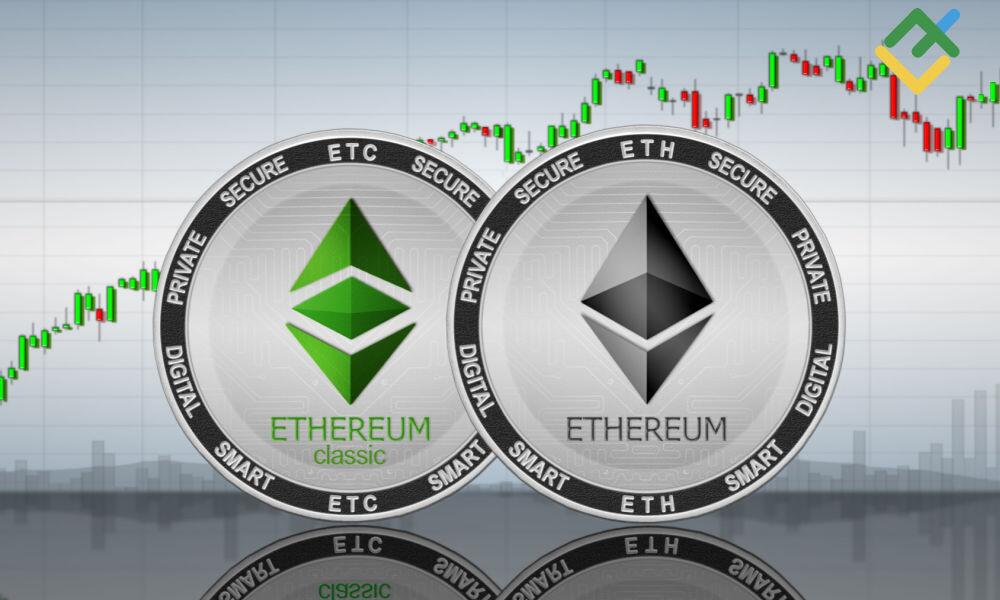Ethereum is a decentralized blockchain platform that allows developers to build decentralized applications (DApps) using smart contracts. The platform has gained significant popularity in recent years due to its ability to facilitate the creation of decentralized finance (DeFi) applications, non-fungible tokens (NFTs), and other innovative use cases.
One of the key features of Ethereum is its decentralized nature, which means that there is no central authority controlling the network. Instead, the network is maintained by a large number of nodes that communicate with each other to validate transactions and execute smart contracts.

However, decentralization alone is not enough to ensure the success of a blockchain platform. Effective governance is also necessary to ensure that the platform evolves in a sustainable and productive manner. Ethereum has been working on striking the right balance between decentralization and governance to ensure that the platform remains secure, scalable, and innovative.
The Ethereum Community
The Ethereum community is a diverse group of developers, investors, users, and other stakeholders who are passionate about the platform’s potential. The community is open and transparent, with regular discussions and debates about the platform’s future direction.
The Ethereum Improvement Proposal (EIP) process is a key part of the community’s governance structure. EIPs are proposals for changes or additions to the Ethereum protocol, and they are reviewed and discussed by the community before being implemented. This process ensures that the platform’s development is driven by the needs and desires of the community.
The Role of Ethereum Foundation
The Ethereum Foundation is a non-profit organization that supports the development of the Ethereum platform. The foundation provides funding and resources to developers, researchers, and other contributors to the platform.
The foundation also plays a key role in the platform’s governance. It has a say in decisions regarding the allocation of development resources, the implementation of EIPs, and other key issues. However, the foundation is careful not to exert too much control over the platform, recognizing the importance of decentralization.

The Future of Ethereum Governance
Ethereum’s governance is still evolving, and there are ongoing discussions about how best to balance decentralization and governance. One proposal that has gained traction in recent years is the concept of on-chain governance.
On-chain governance would allow stakeholders to vote on changes to the protocol directly on the blockchain, rather than relying on off-chain discussions and debates. This would increase transparency and accountability, while also ensuring that the platform remains decentralized.
However, there are also concerns about the potential for on-chain governance to lead to centralization. If a small group of stakeholders were to gain a majority of the voting power, they could potentially control the platform’s development. As such, any changes to Ethereum’s governance must be carefully considered and tested before being implemented.
Ethereum’s success is due in part to its ability to balance decentralization and governance. The platform has a vibrant and engaged community that is passionate about its future, and a foundation that provides support without exerting too much control. As Ethereum continues to evolve, the community will need to continue to find ways to ensure that the platform remains decentralized, while also providing effective governance.

